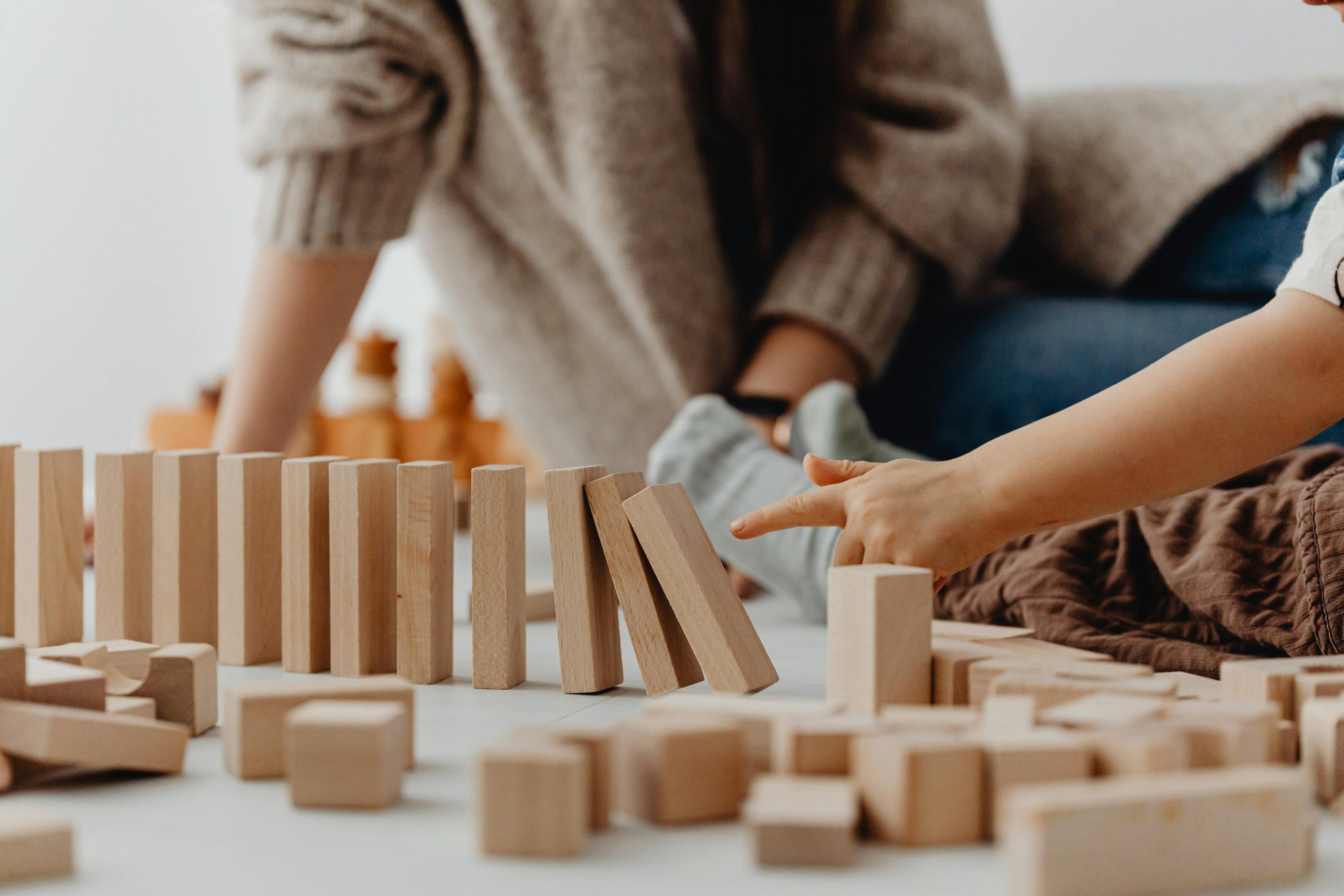How early childhood education lays the foundation for a lifetime of learning
From the moment we are born, our brains are like sponges, constantly absorbing information and new experiences. It is during these early years that the foundation for a lifetime of learning is laid. This is why early childhood education is so crucial, as it sets the stage for all future academic and personal development. In this article, we will explore the importance of early childhood education and how it prepares children for a lifetime of learning.
The First Years Matter
The early years, from birth to age five, are a critical period in a child’s development. During this time, children’s brains are developing rapidly, and the experiences they have can shape their lifelong learning abilities. Research has shown that by the time a child turns three, their brain has reached 80% of its adult size, making these early years a crucial time for learning and development.
A Strong Foundation for Future Learning
Early childhood education provides children with the tools and skills they need to succeed academically and socially. By exposing children to stimulating activities and experiences, they develop cognitive and social skills that will benefit them throughout their lives. For example, children who attend quality early childhood programs have been shown to have better language and math skills, higher IQs, and stronger problem-solving abilities.
Moreover, early education programs also focus on developing social and emotional skills, such as communication, teamwork, and self-regulation. These skills are essential for academic success and are also crucial for building healthy relationships and developing positive self-esteem.
Hands-On Learning
Play-based learning is a fundamental aspect of early childhood education. Children learn best through hands-on experiences, where they can actively explore and discover the world around them. Play-based learning not only makes education fun but also promotes critical thinking, creativity, and problem-solving skills.
Moreover, these hands-on experiences also build a child’s imagination and foster their natural curiosity, encouraging them to ask questions and seek answers. This type of learning provides a strong foundation for future academic success and prepares them for a lifetime of learning.
The Impact on Future Success
Research has shown that early childhood education has a significant impact on a child’s future academic success. Children who attend high-quality early education programs are more likely to graduate from high school, attend college, and have higher-paying jobs. They also have a reduced likelihood of involvement in crime and other social issues.
In addition to academic success, early education also has a positive impact on a child’s overall well-being. It has been linked to better physical and mental health, higher self-esteem, and improved social skills. These benefits have a lasting impact on a child’s life and set them up for success in all areas of their lives.
The Importance of Quality Early Education Programs
When choosing an early education program for your child, it is crucial to look for one that is of high quality. Quality programs have well-trained teachers, a stimulating environment, and a curriculum that focuses on cognitive, social, emotional, and physical development.
Additionally, quality programs also involve parents in their child’s education, as this partnership between parents and educators is essential for a child’s success. By involving parents, children receive consistent support and reinforcement from both home and school, further strengthening their learning and development.
The Bottom Line
Early childhood education plays a vital role in a child’s development and lays the foundation for a lifetime of learning. By providing children with a nurturing and stimulating environment, they are better prepared for future academic and personal success. Quality early education programs not only benefit the child but also have a positive impact on their entire community. Therefore, it is crucial to invest in quality early education and give children the best start in life.
In conclusion, early childhood education is not just about learning the ABCs and 123s; it is about developing the skills and abilities that will enable a child to reach their full potential. By investing in quality early education, we are investing in our children’s future, their communities, and society as a whole. Let’s give our children the best possible start to a lifetime of learning.










